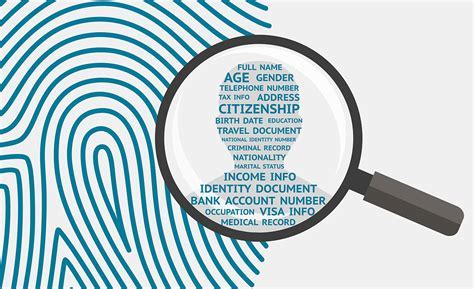Introductionï¼

The construction of identity in the digital world, I believe everyone is familiar with this title. In this developed Internet age, people can show themselves freely. Re-establish their identity on the Internet, creating an online identity that is partially or completely different from their real identity in the offline world. In cyberspace, people cannot accurately determine each other’s true identity, nor can they be sure of any information obtained from cyberspace.
Exampleï¼
In the digital world, people often build their Internet identities by hiding or faking certain characteristics, presenting themselves in different ways in different situations. One example: on online dating sites or software, some people will post edited photos to reconstruct their identity and provide exaggerated or false information about themselves. They are more likely to present “a wish possible self, a more flawless self” on dating sites. Some people lie about their height and weight, some people beautify their appearance through some beauty software, some people make up their family background and so on to make themselves more attractive.

Photo from 901116044ï¼Red Bookï¼ 
Photo from zht20191017ï¼Red Bookï¼ 
Photo from 6738109042 ï¼Red Bookï¼
So why are people now more inclined to embellish their digital identities than to expose their truest selves on the Internetâ
A big reason is because people are driven by various needs. They will set up different online identities for different social situations to meet their needs. They are on social networking sites, and the fear of missing out factor may lead to positive self-presentation. People will rebuild their online identities out of vanity, enjoyment, access to new social networks and escape from old ones. Of course, people will also choose to rebuild their identity or anonymity online to protect themselves because of the security of their information.
In conclusionï¼
Identity building in the digital world has both advantages and disadvantages
- The advantage is that its emergence can make users bolder and more courageous to publish about their daily life, so that people with facial anxiety and introversion are no longer afraid of social interaction. They can also present themselves with confidence and generosity.
- The disadvantage lies precisely in the virtual nature of the Internet and the audacity of users, which makes the network world lack of security awareness, and no one knows who is publishing information behind an electronic device.
Referenceï¼
Chuan Hu., Jiao Huang. and Sameer Kumar. (2021). A Literature Review of Online Identity Reconstruction. Available from https://www.frontiersin.org/articles/10.3389/fpsyg.2021.696552/full#ref63. (Accessed: 4 November 2023




Your title is very special, it caught my attention at first sight. You talk about how people build their identity on different platforms on the Internet. These examples are also very appropriate. Then you explain why people prefer to build an identity on social media and you summarize the advantages and disadvantages. Excellent!
Iâm appreciated that you love it.âð
Amazing ideas! You have did a great job of exploring how anonymity can be both beneficial and detrimental to our online interactions. It also provides some thoughtful insights how people shows their personalities or identity on public , as well as potential solutions for creating more secure environments while still allowing users to express themselves freely online. Overall, this is a very thought-provoking piece!
Thank you very much for your comments, I hope my blog has been helpful.ð
Hi, Xuanyun. Your headline is indeed very original, but I think it may be hard for people to make the first connection to digital identity, but it is certainly very eye-catching. The article starts off with an introduction to the development of digital identity in today’s society and your own perception of it, and immediately proves your own point with very effective examples, and then you also explain the reasons why this point of view came about. I think this compact type of blog is very good and allows the reader to quickly understand the point of your article. However, I think you could have made your blog post even better by giving more background on digital identity and relating the content of the article to the topic.
Thank you very much for your opinion and comments, I will take your opinion in the later blog.ð
You have a great example of showing how people are different from the identity they build on the internet, including the real image examples to explain how people reconstruct their identity and provide exaggerated or false information about themselves by editing photos. Also, the title is really catching and draws people’s attention to click on the post to know what you would like to talk about.
Thank you for your compliment.â¤ï¸